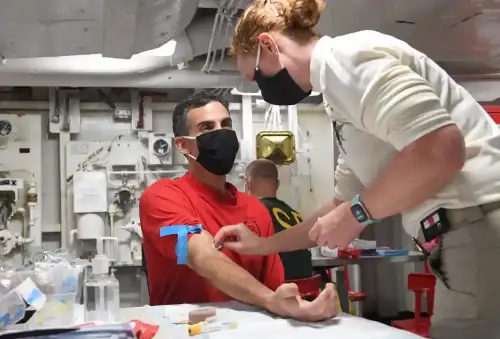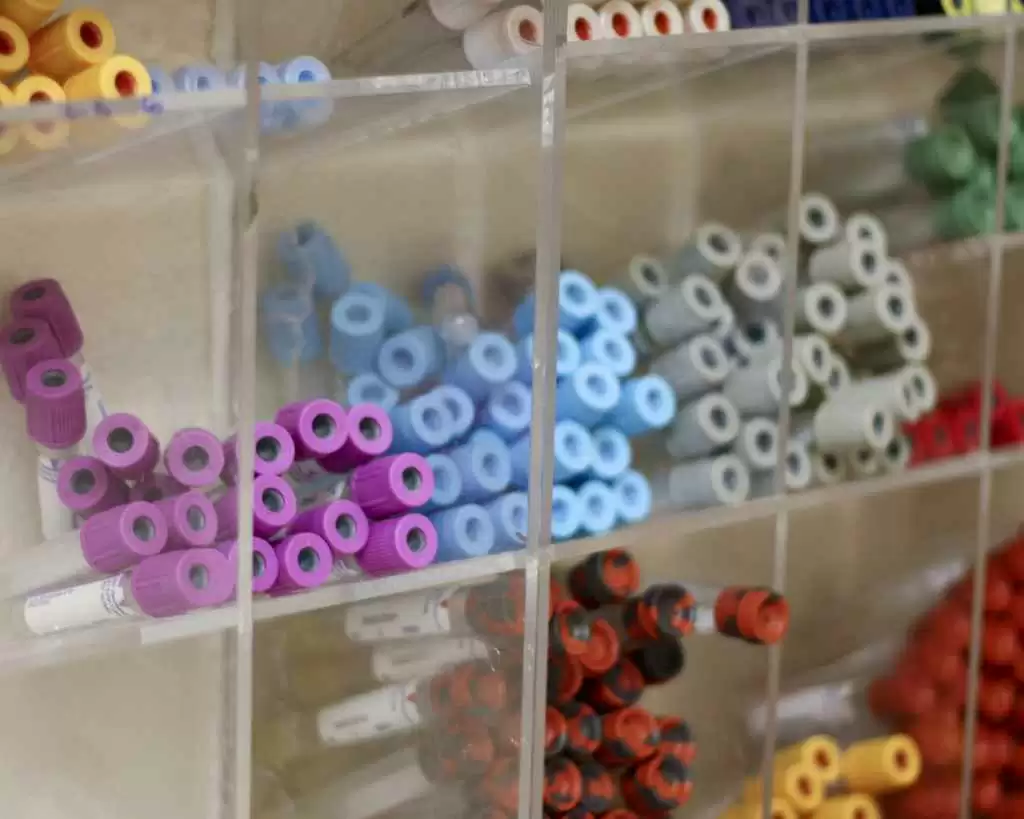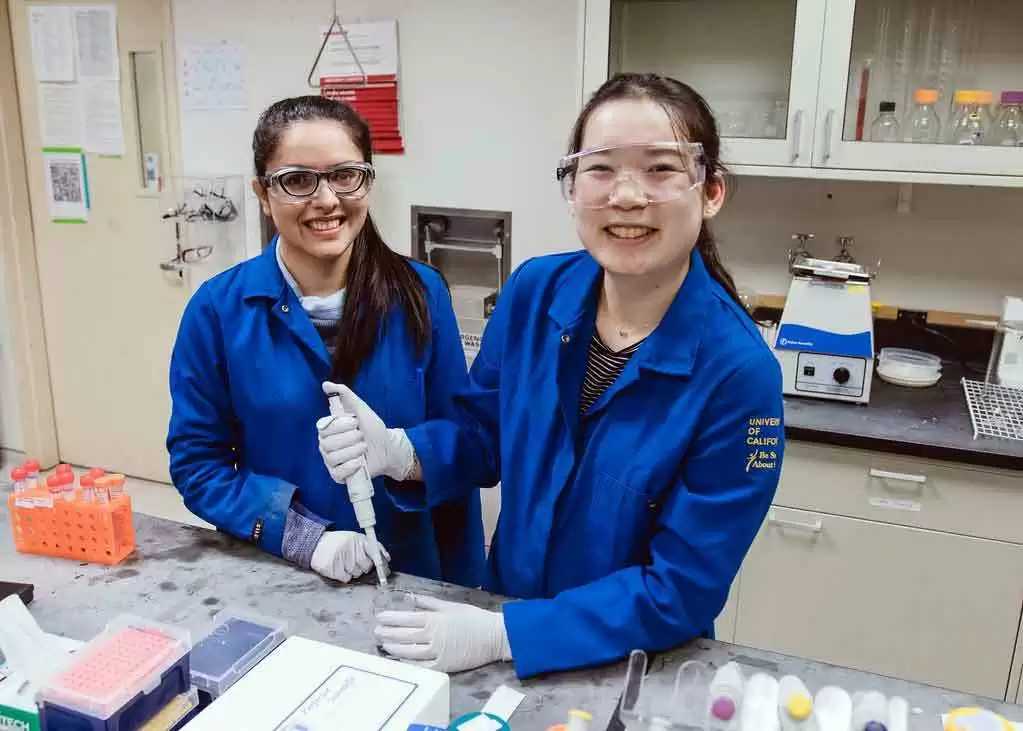
Celiac.com 06/22/2024 - Celiac disease is an autoimmune disorder where gluten ingestion damages the small intestine. Traditionally, diagnosis involves blood tests for specific antibodies and a confirmatory biopsy, an invasive procedure with associated risks. Research is exploring less invasive methods, including the use of tissue transglutaminase immunoglobulin A (TTG-IgA) antibodies as a potential predictor.
Study Overview
A recent study presented at Digestive Disease Week 2024 investigated the accuracy of TTG-IgA antibodies in diagnosing celiac disease without biopsy. The study looked at patients located at six U.S. sites who had undergone esophagogastroduodenoscopy (EGD) and TTG-IgA testing. Exclusions were made for prior celiac diagnosis, IgA deficiency, or adherence to a gluten-free diet to maintain result accuracy.
Key Findings - Patient Demographics and Biopsy Results
Celiac.com Sponsor (A12):
Among 4,312 patients, 27.5% showed villous atrophy, indicating celiac disease. These patients were typically younger (average age 41) and predominantly non-Hispanic white (89.5%). They had significantly higher TTG-IgA levels, averaging five times the upper limit of normal (ULN).
Diagnostic Accuracy of TTG-IgA
The study revealed that over a quarter of patients had elevated TTG-IgA levels. For any level above the ULN, sensitivity was 81.8%, and specificity was 95.7%. The positive predictive value (87.7%) and negative predictive value (93.3%) supported the test's overall accuracy, which was 91%. The area that was under the receiver operating characteristic curve (AUC) was 0.92, indicating high accuracy.
High TTG-IgA Levels
In patients with TTG-IgA levels of more than 10 times the ULN, only two out of 132 did not have villous atrophy, resulting in a false-positive rate of 0.1%. This suggests that very high TTG-IgA levels are a strong indicator of celiac disease and could potentially reduce the need for biopsy.
Implications for Noninvasive Diagnosis
Lead investigator Dr. Claire Jansson-Knodell noted the potential for TTG-IgA to serve as a noninvasive diagnostic tool, particularly for patients with very high antibody levels. However, caution is advised for cases with mildly elevated TTG-IgA, where diagnostic accuracy may not be sufficient to eliminate the need for a biopsy.
Future Research
The research team plans to conduct a prospective study to gather more data, aiming to confirm the practicality and reliability of using TTG-IgA as a noninvasive diagnostic tool in clinical practice.
Conclusion
This study suggests that TTG-IgA antibodies hold significant potential as a noninvasive diagnostic indicator for celiac disease, particularly in patients with very high antibody levels. While promising, further research is needed to validate these findings and ensure the accuracy and safety of using TTG-IgA as a standalone diagnostic tool. This could lead to a future where a simple blood test replaces the need for invasive biopsy in diagnosing celiac disease.
Read more: gastroendonews.com










Recommended Comments
There are no comments to display.
Create an account or sign in to comment
You need to be a member in order to leave a comment
Create an account
Sign up for a new account in our community. It's easy!
Register a new accountSign in
Already have an account? Sign in here.
Sign In Now